
Writing dates and times is something that falls under the category I refer to as grammar slang. So many people are unsure of how to write them, it has become a gray area where you'll find dates and times written out in any number of ways. There are grammatical rules, which I've listed below, with examples of proper usage.

Rule: The following examples apply when using dates:
The book will be published on August 9.
The book will be published on the 9th of August.
April Fools' Day is April 1.
The 1st of April is April Fools' Day.
Rule: When expressing decades, they can be spelled out and lowercased.
Example: I have several books from the eighties and nineties.
Rule: Whether you express decades using incomplete or complete numerals, do not use an apostrophe between the year and the s. When using an incomplete numeral, use an apostrophe to replace the first two numbers.
Correct:
During the ’80s, I purchased several books.
During the 1980s, I purchased several books.
Incorrect:
During the ’80’s, I purchased several books.
During the 1980’s, I purchased several books.
Rule: Spell out the time of day in text even with half and quarter hours. With o’clock, the number is always spelled out.
Example: He left at four thirty to meet with his agent.
Example: His meeting with his agent was at five o’clock in the afternoon.
Rule: Use numerals with the time of day when exact times are being emphasized.
Example: She received the message at 9:22 a.m.
Example: The meeting is at 12:30 p.m. sharp.
Rule: Use noon and midnight rather than 12:00 a.m. or 12:00 p.m.
Note: In printed matter, many times you will see A.M. and P.M.
In much the same way that E-mail and e-mail has evolved into email, AM and PM are also widely used, though not officially grammatically correct.
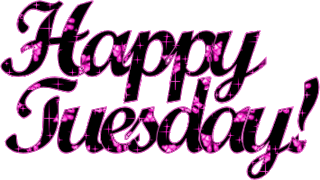
Sources: Grammarbook, Gregg Reference Manual


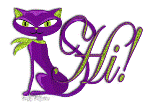



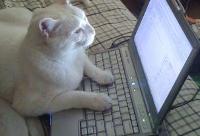









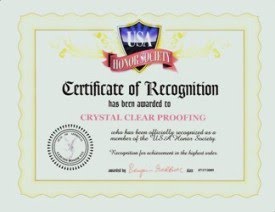









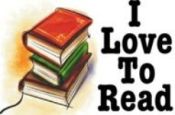
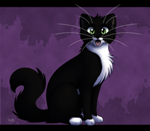
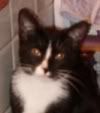
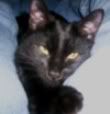







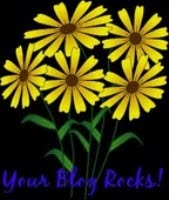






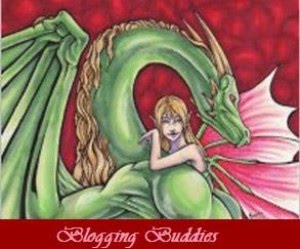











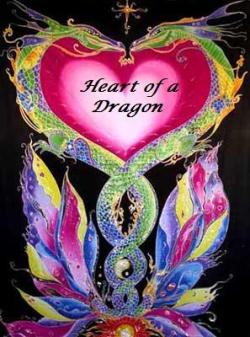


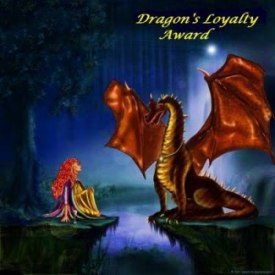





Writing dates and times is always confusing for me, so I really appreciate this, Crystal! Thanks.
ReplyDeleteElizabeth
Mystery Writing is Murder
Thank you! Bookmarked. I know that I have misused some of these recently. : P
ReplyDeleteMichele
SouthernCityMysteries
Great tips. This is very helpful. Thanks.
ReplyDeletevery helpful! A few of these I am frequently tempted to (probably do) use wrong.
ReplyDeleteAwesome tips. I make some of those mistakes.
ReplyDeleteI always misuse hyphens when it comes to time, i.e. four-thirty. Still do. Eek.
ReplyDeleteI'm also fond of AM rather than a.m. as I HATE having a comma next to a full stop, i.e. "At 3 a.m., he went..."
Great post!
What a very useful post! I'm going to bookmark it for easy reference. Thanks Crystal!
ReplyDeleteElspeth
Ooo, good stuff Crystal! And yes, I use hyphens, too. And a 'st' or 'th' at the end of a sentence. Bad Spunky!
ReplyDeleteVery good and clear lesson here. Copied and pasted it into a Word Doc and saved it in my "Crystal Clear" file!
ReplyDeleteMarvin D Wilson
Writng out the times is something many forget. Okay to use 4:30pm in a letter or in a comment, but in a book or when writing articles for publication, it's not. You have to use He stopped by this afternoon at four-thirty...
ReplyDeleteYou have some good reference article here, Crystal. :-)